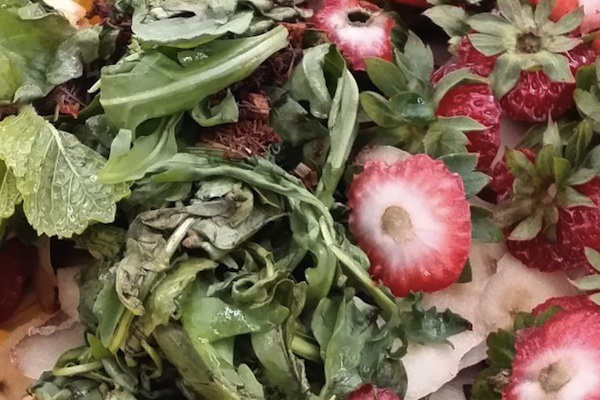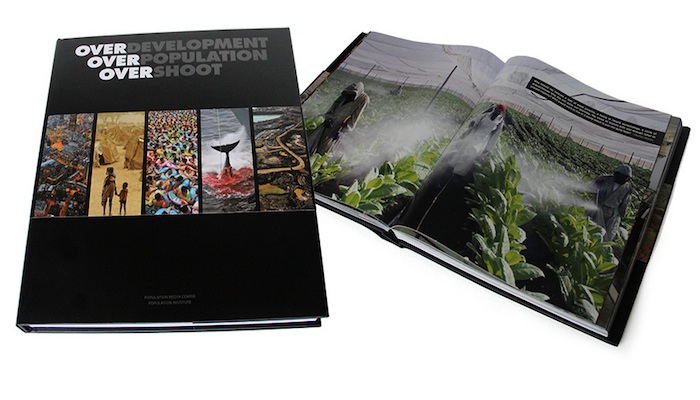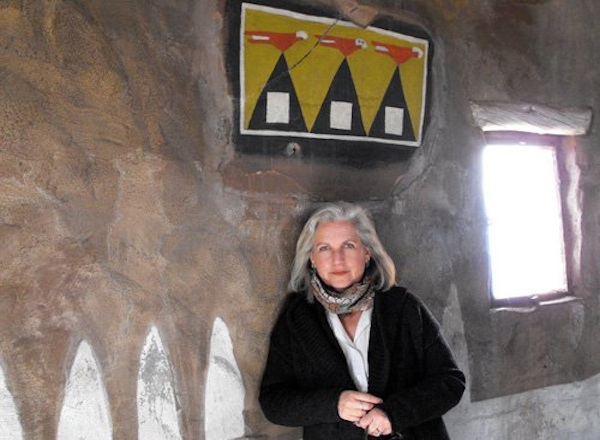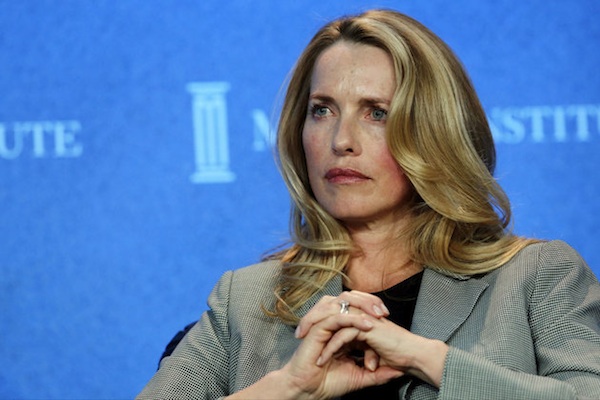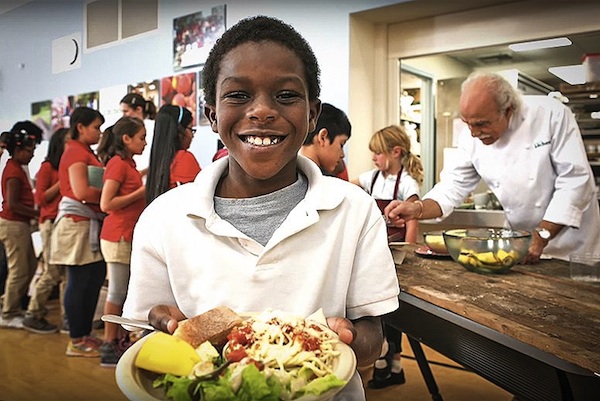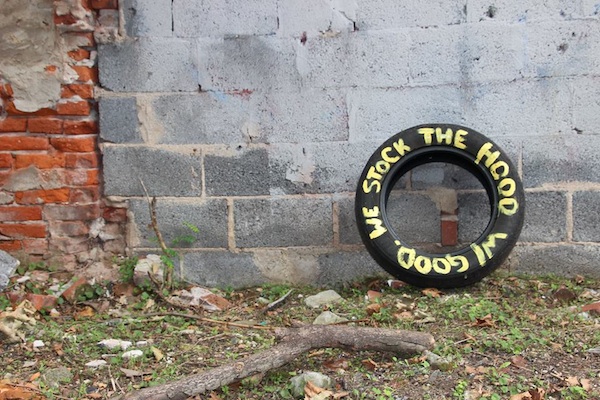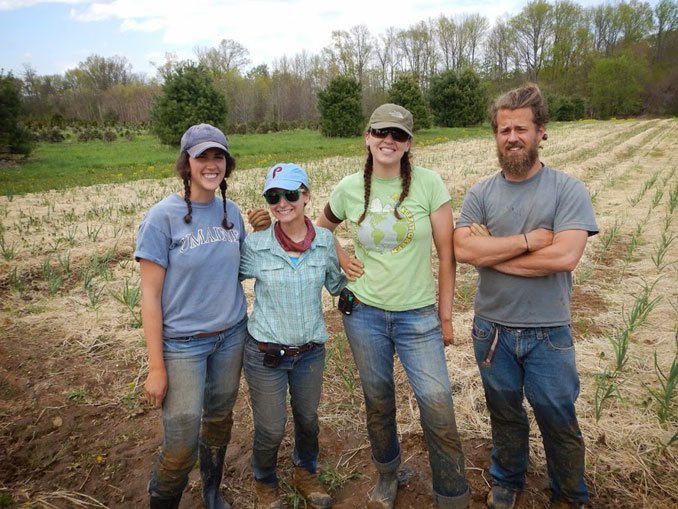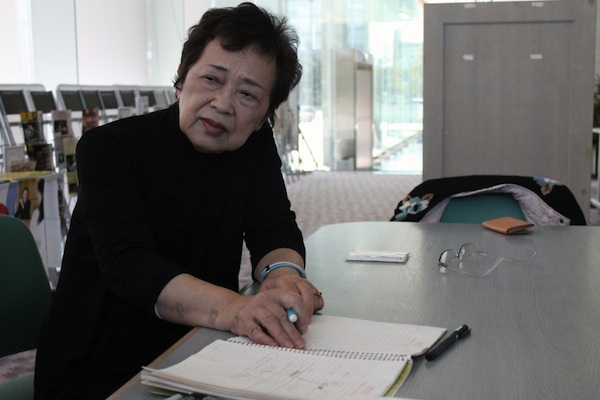Compost can save the world! It sucks carbon dioxide out of the air and not only that, a half-inch layer of this black gold can still increase yields years after its application. I had been composting in our community bins for nearly 10 years but decided to start a rogue pile in my yard several months ago. I can’t grow much out there in the shade but food scraps will certainly rot. In fact, I can’t possibly prevent the natural process of rot. When I composted at my house years ago, like many people, I believed I needed to buy a special bin. For my new compost pile, I wanted to create a simple, inexpensive system. I could have made a cylindrical bin out of chicken wire or built an upcycled bin from wooden pallets (both great options). But instead I bought nothing. I built nothing. I took what I had collected in the kitchen and threw it on the ground. I throw everything on my pile: Fruit peels, scraps and all pits. Even avocado pits break down quickly! Vegetable peels and scraps. I make vegetable broth out of most little bits of vegetables, after which they go on the pile. Corn cobs. I couldn’t […]
Continue reading... →A provocative new environmental book, has become an international media sensation. Featuring over 200 heart-wrenching images, the powerful book brings stark attention to the growing crises posed by overdevelopment and human population size and growth. There are thousands of essays, articles and books dealing with population but “Overdevelopment, Overpopulation, Overshoot” provides a convincing new way of understanding the impacts of population size on human welfare and nature. Through well-chosen quotes, and stunning photographs, this largely visual presentation documents the realities and role of burgeoning human numbers on a broad variety of important areas including the destruction of wildlife and natural systems, air and water pollution, food insecurity and climate change. This consequential book should be read by political leaders, development planners, and the public to bring about an end to the current neglect of voluntary family planning. As Nobel laureate Henry W. Kendall noted “If we do not voluntarily bring population growth under control in the next one or two decades, nature will do it for us in the most brutal way, whether we like it or not.” –J. Joseph Speidel, Co-Director, UCSF Bixby Center for Global Reproductive Health Advanced copies of the large format coffee-table photo-thriller were released in […]
Continue reading... →The author and activist talks with YES! about millennials, climate change, and how she can’t imagine being alive at “a more thrilling, challenging time.” Terry Tempest Williams lives with her husband in Utah, but I met her in Vermont, near Dartmouth College, where she teaches part of each year. The lush foliage of a damp New England spring is nothing like the desert terrain she grew up with, she told me when we sat down together during my brief visit last May. She relishes the many species of trees, birds, and plants, but sometimes all the green makes her feel closed in, and she yearns for the dry, open country of home. It’s her deep connection to place and to wilderness that Williams is known for. Her books celebrate the prairie dog, migratory birds, and the natural history of the Utah desert. But she also writes about her Mormon faith, about the cancer that took the lives of her mother, brother, grandmother, and other members of her extended family—and about her belief that above-ground nuclear testing is to blame. Williams’ writing is enriched by a practice she mentioned several times in our conversation: “ground truthing.” She doesn’t settle for secondhand […]
Continue reading... →Farming has been a backbone of American economy for much of this country’s history. But the duty of feeding the nation is changing, and farming practices are changing along with it.
Continue reading... →